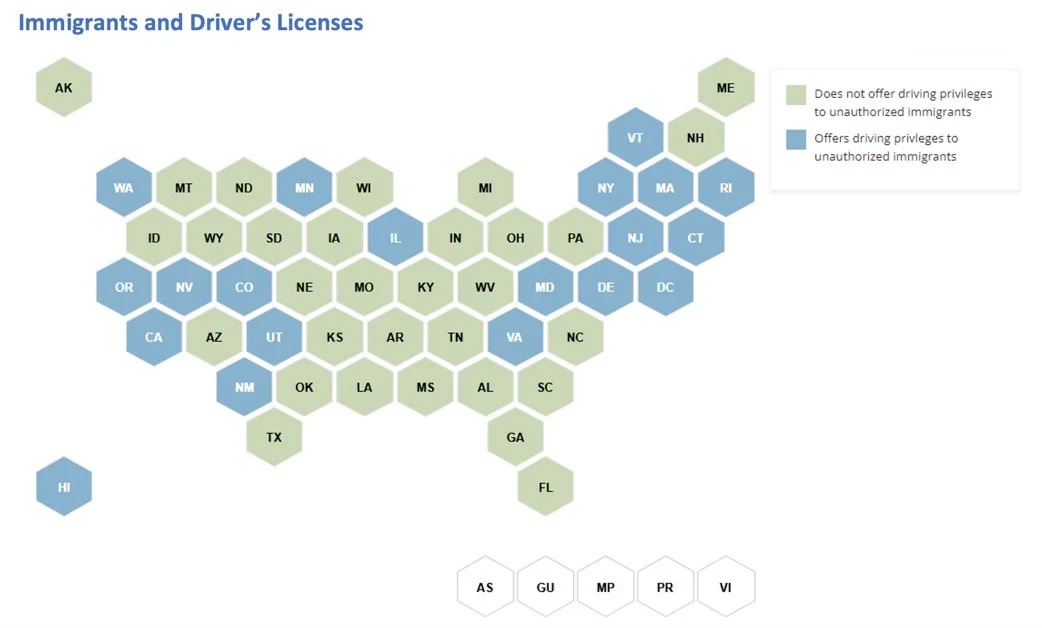Racial and ethnic discrimination in loan denials continues to be a pressing issue, perpetuating disparities in homeownership and hindering wealth-building opportunities for marginalized communities. Loan denial rates for Black and Hispanic/Latinx borrowers remain twice as high compared to those for White borrowers, despite an overall decline in loan denials for all housing loan applicants since the great recession. In this context, the reasons cited for loan denial were found to differ by race and ethnicity as minorities were denied loans due to insufficient collateral, while white applicants were denied based on their credit history.
In Massachusetts, as in many other regions, Black and Hispanic/Latinx applicants face higher rates of loan denials compared to their white counterparts, even when accounting for factors like income and credit scores. Although the disparity has decreased over the years, it persists and its continued existence suggests the presence of systemic bias and discriminatory practices within the lending industry.
Historically, discriminatory practices such as redlining, which classifies minority communities as risky investments, have contributed to the existing disparities in access to housing and mortgage loans for racial and ethnic minorities in the Commonwealth. Despite legislative efforts to promote fair lending, studies have shown that discriminatory practices persist. Denied access to affordable loans and homeownership, minority communities are more likely to rent their homes, limiting their ability to build wealth through property ownership.
Addressing racial and ethnic discrimination in loan denials necessitates comprehensive and coordinated efforts. Research suggests that stronger enforcement of fair lending laws and increased investment in financial education can improve loan outcomes for marginalized communities.
Nayantara Biswas
Research Assistant
Michelle Borges
Former Research Assistant
This is a part of the AEC Blog series





